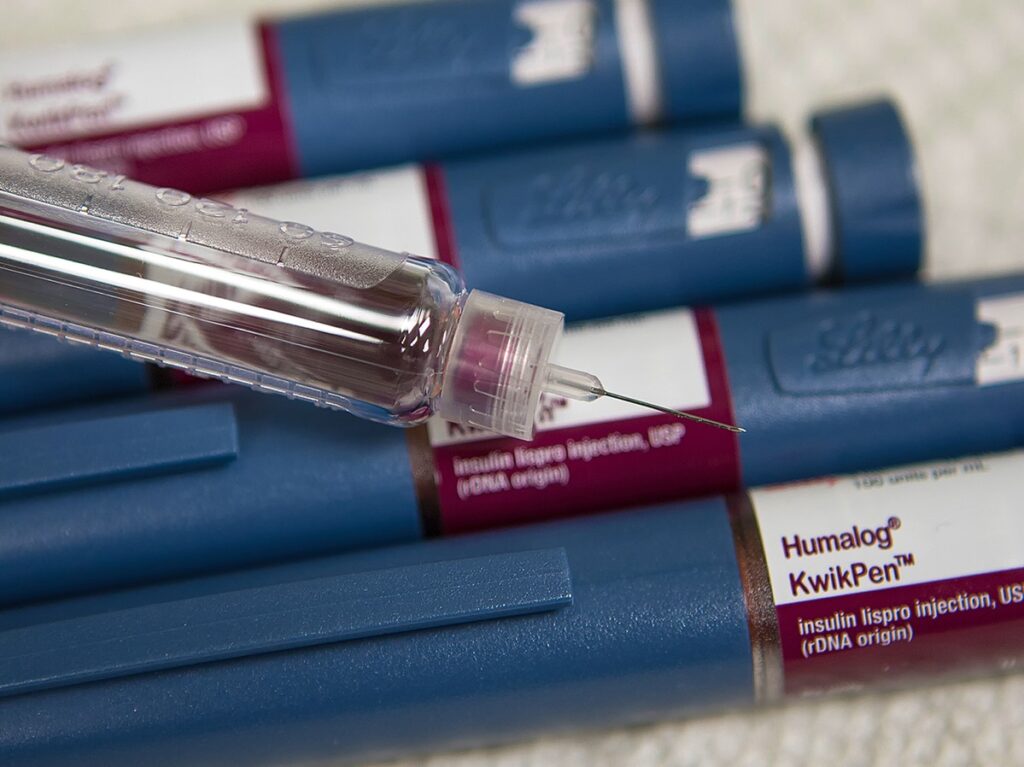My last post highlighted a July 2024 Federal Trade Commission (FTC) interim staff report that was critical of pharmaceutical benefit managers (PBMs)—so-called “middlemen” firms that specialize in negotiating with drugmakers for rebates on the list prices of drugs. I explained that the interim report’s analysis is at odds with economic research that delineates the substantial economic benefits of the PBM system.
This piece turns to an assessment of the lawsuit the FTC filed in September against the three major PBMs. The lawsuit is weak and economically problematic.
Background on the Lawsuit
The FTC announced in a Sept. 20 press release its legal challenge to the practices of the “Big 3” PBMs:
Today, the Federal Trade Commission brought action against the three largest prescription drug benefit managers (PBMs)—Caremark Rx, Express Scripts (ESI), and OptumRx—and their affiliated group purchasing organizations (GPOs) for engaging in anticompetitive and unfair rebating practices that have artificially inflated the list price of insulin drugs, impaired patients’ access to lower list price products, and shifted the cost of high insulin list prices to vulnerable patients.
In a nutshell, the FTC claimed that the PBMs’ rebate practices caused a 1,200% rise in the price of Humalog, a brand new Eli Lilly insulin medication, between 1999 and 2017. These actions allegedly were illegal “unfair methods of competition” (an antitrust concern) and “unfair acts or practices” (a consumer-protection concern) that violated Section 5 of the FTC Act.
The FTC’s legal complaint in this case will be heard by an in-house FTC administrative-law judge, whose initial findings can be reviewed by the FTC. The FTC’s decision, if history is a guide, will almost certainly uphold the legal complaint. The FTC’s holding can and most likely will be appealed to a federal U.S. Court of Appeals.
The FTC’s Case Is Weak as a Legal Matter
The Sherman and Clayton antitrust acts, which forbid monopolization and anticompetitive agreements among firms, do not apply. No single PBM is a monopolist (the Big 3 together have 80% of the PBM market), and no anticompetitive agreements by the big PBMs are alleged by the FTC.
Admittedly, courts have stated that the FTC Act Section 5 prohibition against “unfair methods of competition” goes a bit beyond the Sherman and Clayton acts. Nevertheless, it is doubtful that merely favoring higher-priced formulary drugs over lower-priced ones—which lies at the heart of the PBM case—would be viewed as a form of problematic competition on review by federal judges. (There are no federal court holdings that would support such a result.)
The FTC also alleges that the PBMs are committing “unfair acts or practices” in violation of Section 5 by keeping lower-priced insulin drugs off their formularies and by targeting those consumers who must face high unrebated list prices for certain insulin products.
But Section 5(n) of the FTC Act specifies that the “unfair acts” prohibition is only triggered if harm to consumers is not outweighed by countervailing benefits to consumers or competition. The PBMs would have a strong argument that the procompetitive benefits of the formulary system, summarized in my last post, do indeed outweigh the harm to certain insulin consumers.
The FTC’s Remedy Is Economically Harmful
Finally, the FTC’s suggested remedy for the violations it alleges strikes at the heart of the PBM rebate system. Specifically, the FTC would prevent the big PBMs from accepting rebates based on a particular price benchmark. It would micromanage the PBMs’ decisions as to the drugs included on a formulary. And it would prevent PBMs from basing patients’ deductibles or coinsurance on a drug’s list price, rather than its net cost after rebates.
The FTC’s remedy would substitute government regulation for PBM decisionmaking. It would thereby wreak havoc with a system that has bestowed enormous benefits on the U.S. economy. Consumers, as well as businesses, would likely be the long-term losers.
The FTC Should Drop the PBM Lawsuit
The FTC should vote to withdraw from administrative litigation its complaint against the major PBMs. The complaint is fraught with major legal weaknesses. Most importantly, it poses a threat to the economically beneficial PBM model.
There is, admittedly, legitimate reason to be concerned about the excessive cost of the U.S. health-care system and, in particular, high drug prices to consumers. Government should, however, seek to address this problem through economically efficient measures that do not distort markets.
Comprehensive procompetitive regulatory reform of the American health-care system would be a good step forward. Moreover, specific remedies, such as targeted payments to poorer drug consumers, may warrant consideration.
But a bureaucratically led legal attack on welfare-enhancing PBMs should be avoided at all costs.

